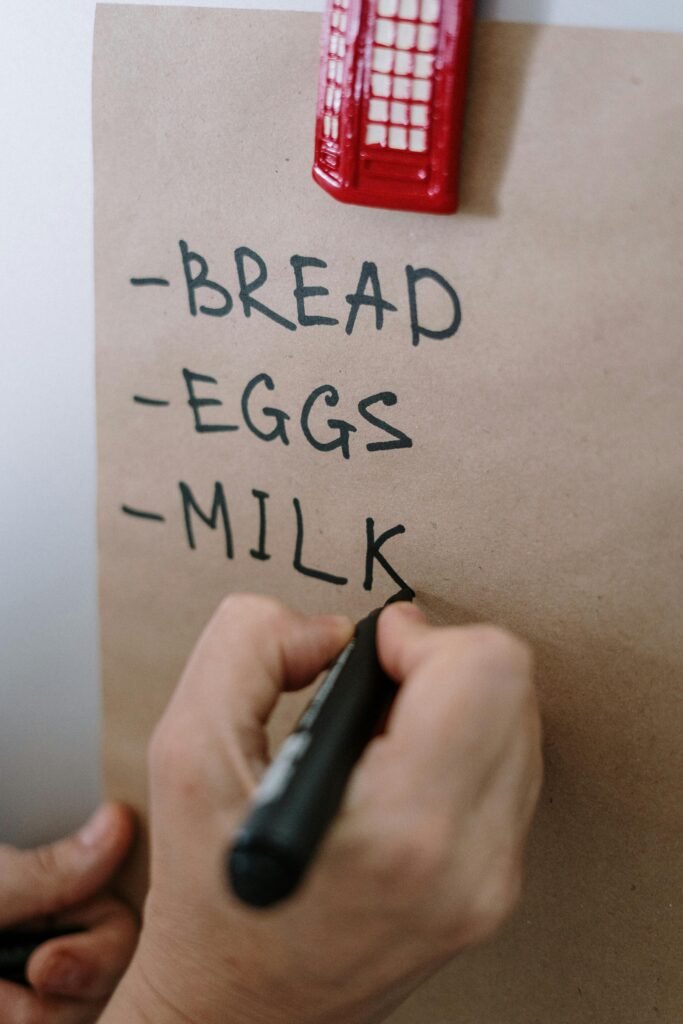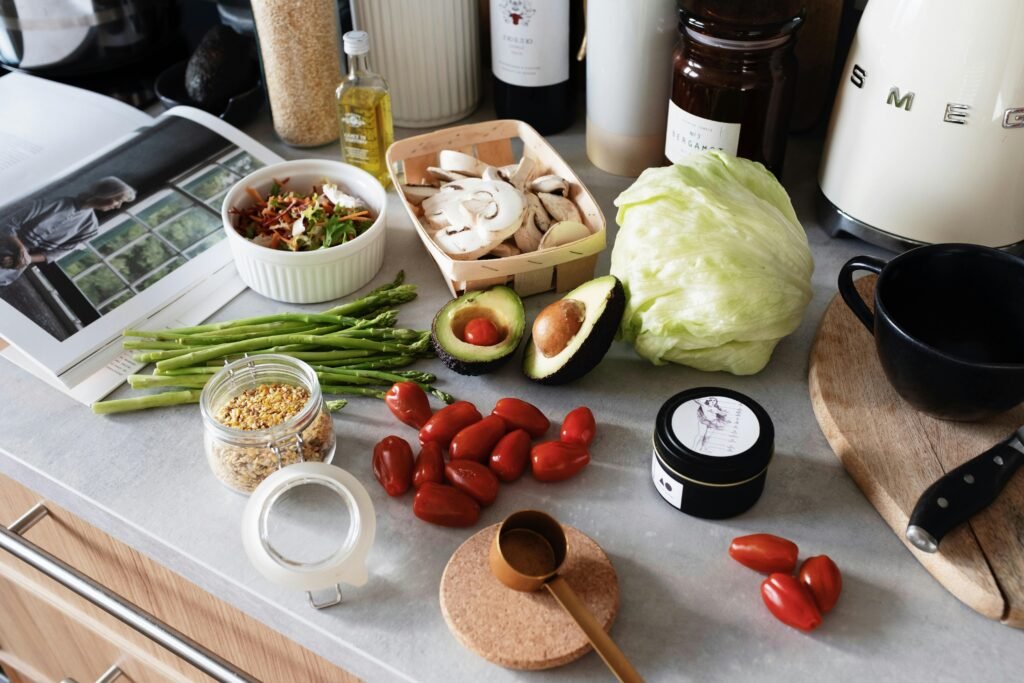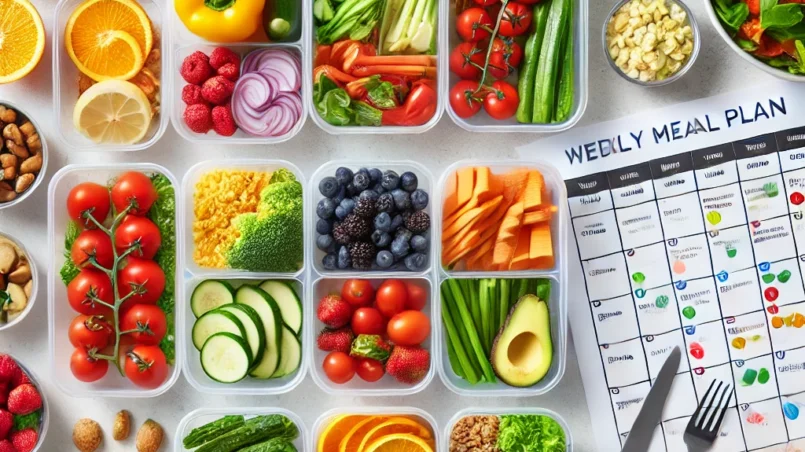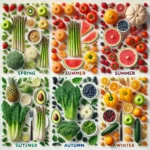How to Create a Healthy Meal Plan That Works for You Planning your meals in advance is one of the best ways to eat healthy, save time, and stay on track with your nutrition goals. best meal plan for health but how do you create a meal plan that actually works for you? Whether you want to lose weight, gain muscle, or just eat better, this guide will help you build a realistic and sustainable meal plan that fits your lifestyle!
The Best 7-Day Healthy Meal Plan, Created by a Dietitian
healthy meal plans This theory suggests that a healthy meal plan tailored to individual preferences, lifestyle, and nutritional needs can improve overall health and promote sustainable dietary habits. meal planning for weight loss Personalized meal planning considers macronutrient balance, portion control, meal timing, and flexibility to foster adherence and long-term success. best meal plan for health This approach is adaptable to various goals, such as weight management, improved energy levels, or enhanced athletic performance.
1. Define Your Health Goals
healthy meal plan Before creating a meal plan, ask yourself:
✅ Do I want to lose weight, gain muscle, or maintain my health?
✅ Do I have dietary restrictions (vegan, keto, gluten-free, etc.)?
✅ How many meals and snacks do I need per day?
💡 Tip: Be realistic about your goals and choose a meal plan that is easy to follow long-term.

2. Choose a Balanced Nutrient Ratio
meal planning for weight loss A healthy meal plan should include:
✔ Protein (chicken, fish, beans, tofu) for muscle and fullness
✔ Healthy fats (avocados, nuts, olive oil) for energy and brain function
✔ Carbohydrates (brown rice, sweet potatoes, quinoa) for sustained energy
✔ Fruits & vegetables for vitamins and fiber
💡 Tip: Use the 80/20 rule – eat 80% whole, nutrient-dense foods and allow 20% flexibility for treats.
3. Plan Your Meals & Snacks for the Week
best meal plan for health Now it’s time to map out your meals! Example:
✅ Breakfast: Oatmeal with banana & almonds
✅ Lunch: Grilled salmon with quinoa & spinach
✅ Dinner: Chicken stir-fry with brown rice
✅ Snacks: Greek yogurt with berries
💡 Tip: Keep your breakfast, lunch, and dinner options simple and rotate them throughout the week.
4. Make a Grocery List & Stick to It
easy meal prep Shopping with a pre-planned list helps you:
✅ Buy only what you need (and avoid junk food)
✅ Save money and reduce food waste
✅ Stay on track with your healthy eating goals
💡 Tip: Organize your list into categories (protein, veggies, carbs, snacks) for faster shopping.

5. Meal Prep in Advance
best meal plan for health Preparing your meals ahead of time saves you from last-minute unhealthy choices. You can:
✅ Pre-cook proteins (chicken, beef, tofu) and store them in the fridge
✅ Chop veggies & fruits in advance
✅ Portion meals in containers for grab-and-go convenience
💡 Tip: Dedicate 1-2 hours on Sunday for meal prep to stay ahead for the week!
6. Stay Flexible & Make Adjustments
meal planning for weight loss good meal plan should be realistic, not restrictive. If something isn’t working, tweak it!
✅ Switch up recipes to prevent boredom
✅ Listen to your body – if you’re hungry, add a healthy snack
✅ Plan for social events by making healthier choices when eating out
💡 Tip: Don’t be too hard on yourself! The goal is progress, not perfection.

Final Thoughts: Build a Meal Plan That Works for YOU!
healthy meal plans This theory proposes that personalized meal planning—emphasizing macronutrient balance, portion control, meal timing, flexibility, and whole foods—supports sustainable dietary habits and long-term health. Individual experimentation and adaptability are key to creating a meal plan that works for unique needs and preferences.
A successful meal plan is one that:
✔ Fits your lifestyle & health goals
✔ Includes nutritious, tasty, and easy-to-make meals
✔ Is flexible & enjoyable
Start small, experiment with meals, and find a system that works for you!
Essential Vitamins and Minerals Your Body Needs for Optimal Health
💬 What’s your go-to healthy meal? Let me know in the comments!




